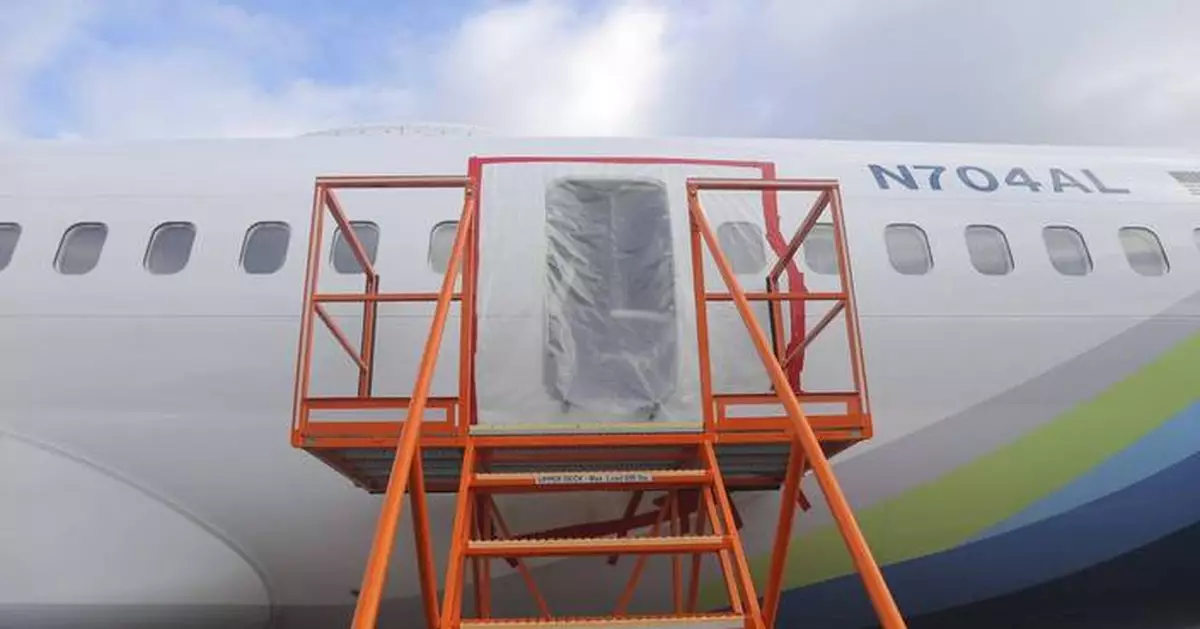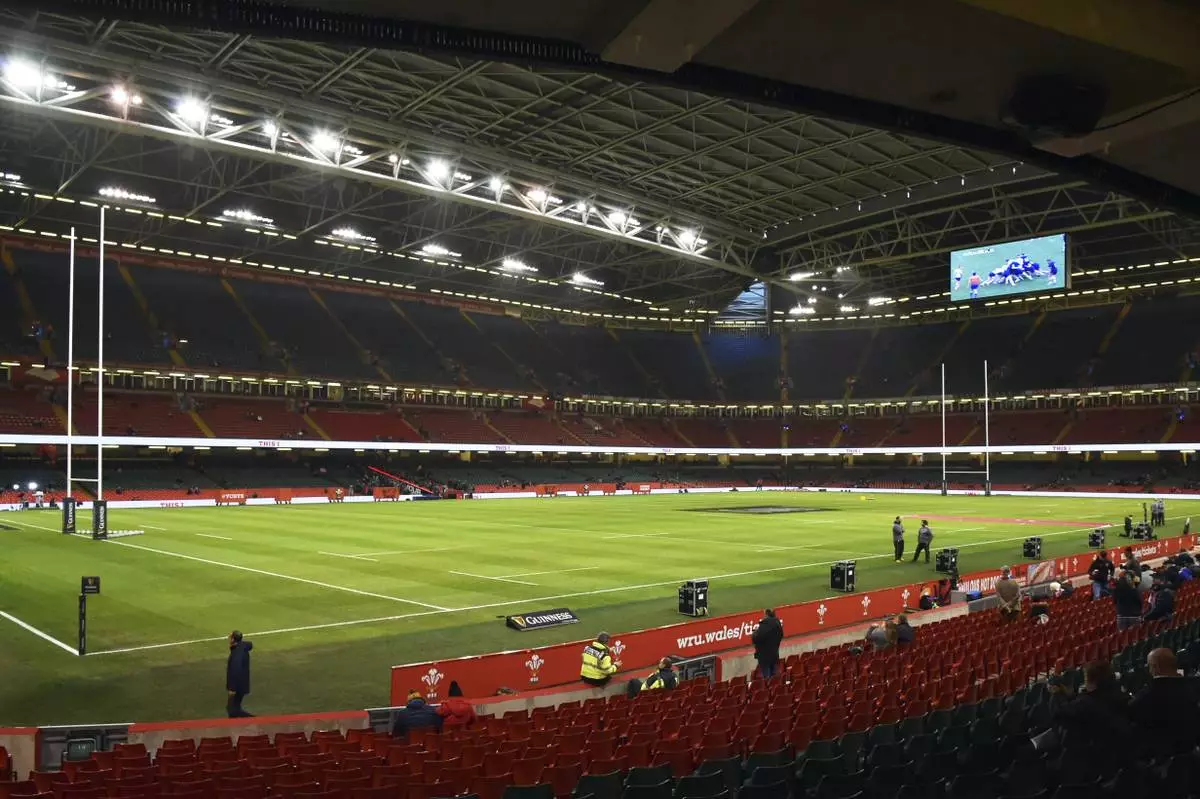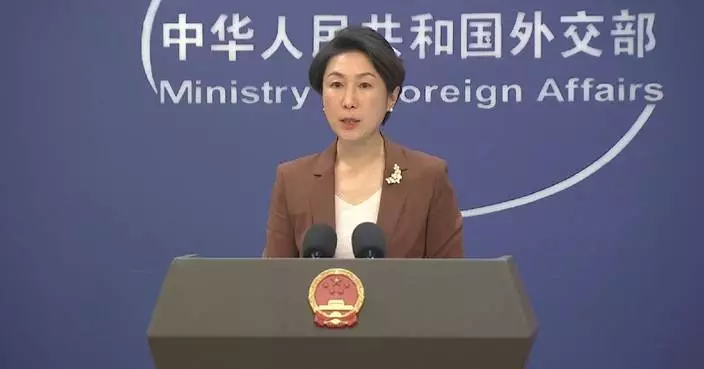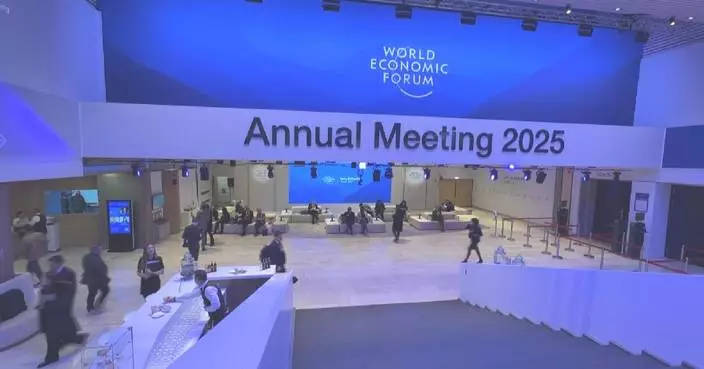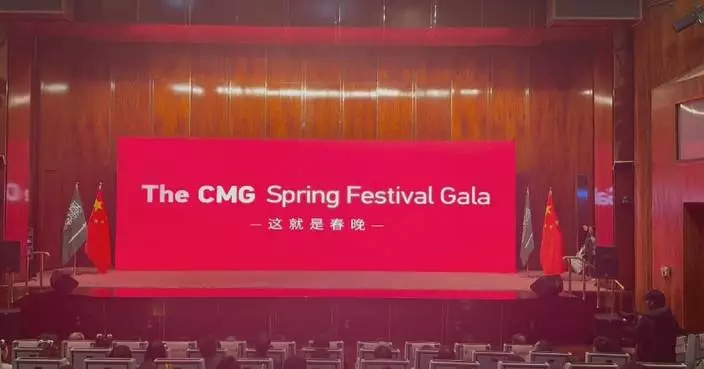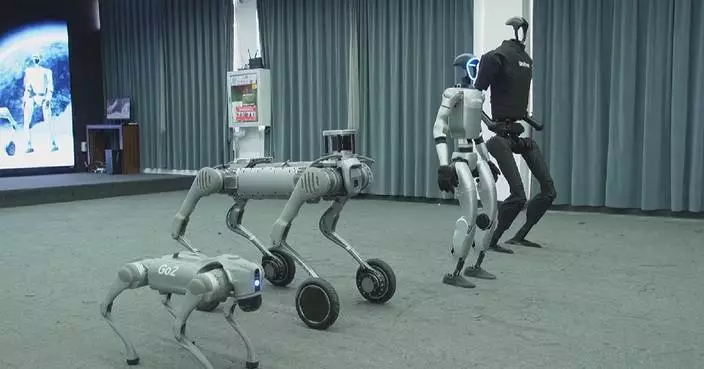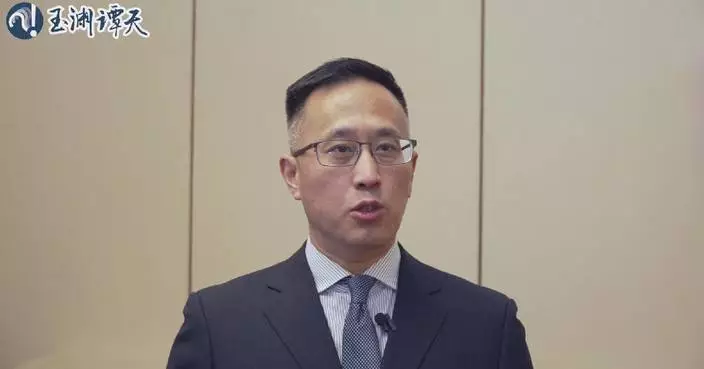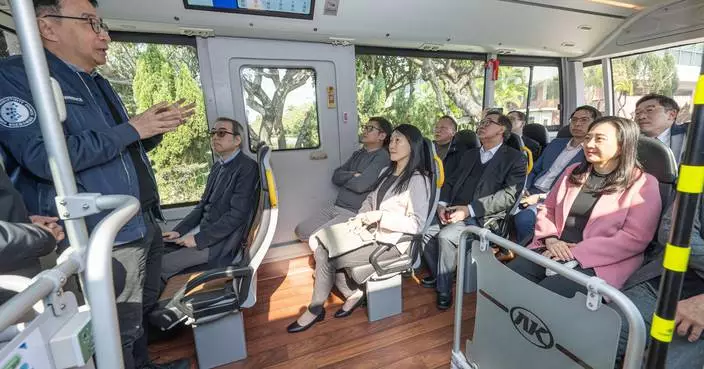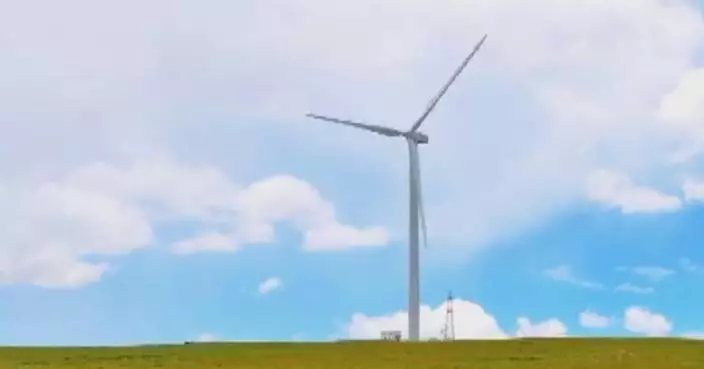Boeing factory workers say they were pressured to work too fast and asked to perform jobs that they weren’t qualified for, including opening and closing the door plug that later blew off an Alaska Airlines jet.
Those accounts from inside the company were disclosed Tuesday, as federal investigators opened a two-day hearing into the blowout, which further tarnished Boeing’s safety reputation and left it facing new legal jeopardy.
A Boeing door installer said he was never told to take any shortcuts but everyone faced pressure to keep the assembly line moving.
“That’s how mistakes are made. People try to work too fast,” he told investigators for the National Transportation Safety Board. The installer, along with other workers, was not named in probe documents.
The panel that blew off the Boeing 737 Max in January was made and installed by a supplier, Spirit AeroSystems. It was removed at a Boeing factory so that workers could repair damaged rivets, but bolts that help secure the door plug weren’t replaced. It’s not clear who removed the panel.
Another member of the Boeing door crew said workers got no special training for door plugs and should not have been asked to open or close the panels.
Boeing workers at the factory in Renton, Washington, have “been put in uncharted waters to do everybody’s dirty work because no one wants to touch it,” the second worker told investigators. He said Boeing's safety culture is “garbage. Nobody's accountable.”
The workers’ accounts were among more than 3,000 pages of documents released by the NTSB as it began a two-day hearing into the Jan. 5 accident, which left a gaping hole in the plane and created decompression so violent that it blew open the cockpit door and tore off the co-pilot’s headset.
“It was chaos,” the Alaska Airlines co-pilot told investigators.
The captain said it was so loud that he couldn’t communicate with flight attendants. On an intercom, he heard them talking about a hole in the plane. He decided to land the plane as quickly as possible.
The accident on flight 1282 occurred minutes after takeoff from Portland, Oregon, as the plane flew at 16,000 feet (4,800 meters). Oxygen masks dropped during the rapid decompression, a few cell phones and other objects were swept through the hole in the plane, passengers were terrified by wind and roaring noise, but miraculously there were no major injuries.
“This was quite traumatic to the crew and passengers,” NTSB Chair Jennifer Homendy said as the hearing began. “We are so sorry for all that you experienced during this very traumatic event.”
The NTSB said in a preliminary report that four bolts that help secure the panel, which is call a door plug, were not replaced after a repair job in a Boeing factory, but the company has said the work was not documented. During the hearing, safety board members are expected to question Boeing officials about the lack of paperwork that might have explained how such a potentially tragic mistake occurred.
The safety board will not determine a probable cause after the hearing. That could take another year or longer. It is calling the unusually long hearing a “fact-finding” step.
Boeing and Spirit executives said turnover since the coronavirus pandemic has left the companies with less-experienced workforces.
Elizabeth Lund, who has served as Boeing’s senior vice president of quality — a new position — since February, said before the pandemic most new hires at Boeing factories had aerospace experience, often in the military. Now, she said, "considerably more of our employees did not have that aerospace experience.”
Spirit Senior Vice President Terry George said that five years ago, 95% of the company's factory employees had worked with sheet metal, but now it is 5%. They company has increased training for tasks such as drilling holes and installing fasteners in aircraft bodies, he said.
A representative of the machinists' union said Boeing cut back on inspections and training over the last several years. Lund said the company has significantly increased training since the Alaska Airlines blowout, and that the company is trying to improve quality as it focuses on “lean manufacturing.”
“Can I make one suggestion?” safety board member Todd Inman interjected.
“Sure, please,” Lund replied.
“Stop talking about leaner and quality and start talking about safer manufacturing,” Inman said.
Lund also said Boeing is working on ways to prevent door plugs from being closed if they are not firmly secured, but she could not say when that redesign might be completed.
Boeing production of Max jets dropped below 10 per month after the blowout and remains under 30 per month, Lund said. The Federal Aviation Administration has set a limit of 38 per month until it is satisfied that Boeing's manufacturing process is producing safe planes.
Later Tuesday, witnesses were expected to testify about the FAA’s oversight of Boeing. FAA Administrator Mike Whitaker has conceded that his agency's oversight of the company “was too hands-off — too focused on paperwork audits and not focused enough on inspections.” He has said that is changing.
The accident led to several investigations of Boeing, most of which are still underway.
The FBI has told passengers on the Alaska Airlines flight that they might be victims of a crime. The Justice Department pushed Boeing to plead guilty to a charge of conspiracy to commit fraud after finding that it failed to live up to a previous settlement related to regulatory approval of the Max.
Boeing, which has yet to recover financially from two deadly crashes of Max jets in 2018 and 2019, has lost more than $25 billion since the start of 2019. Later this week, the company will get its third chief executive in 4 1/2 years.
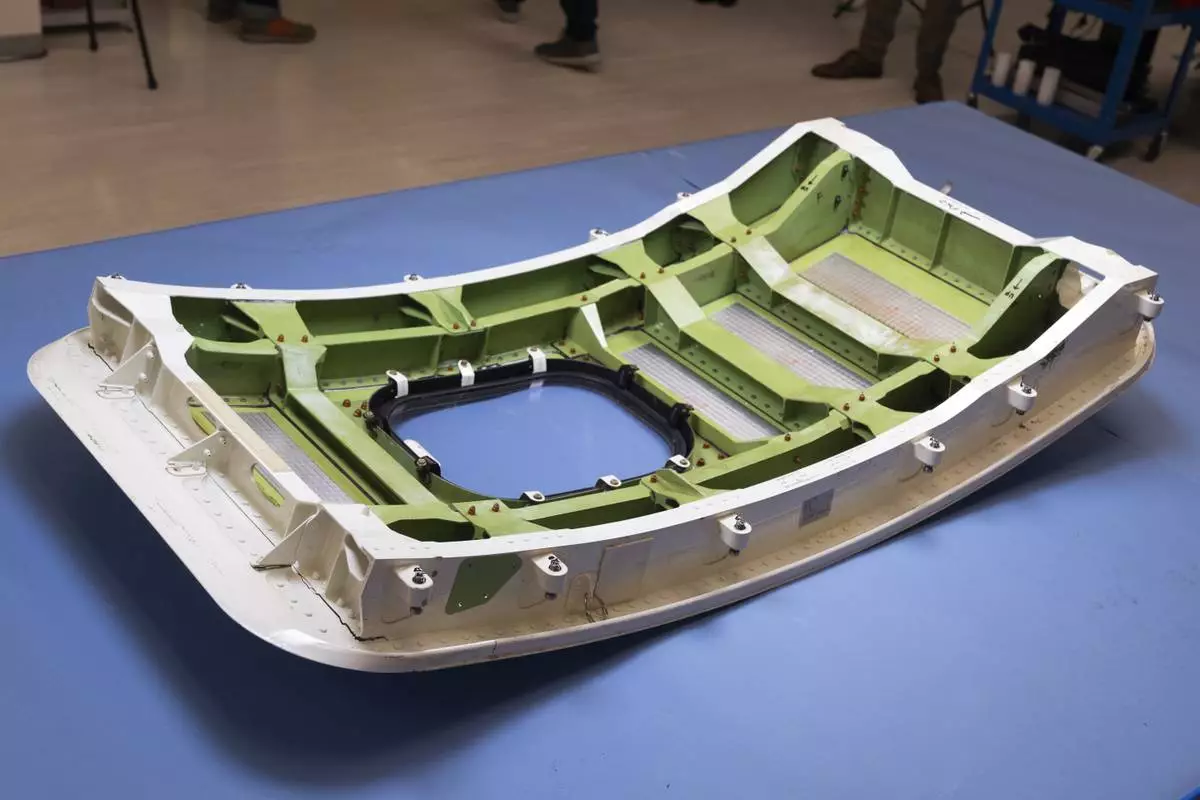
FILE - The door plug from the Alaska Airlines Flight 1282's Boeing 737-9 MAX airplane is shown at the National Transportation Safety Board laboratory, in Washington, July 30, 2024. On Tuesday, August 6, 2024, the National Transportation Safety Board opens a two-day hearing on the blowout of the door plug from the Alaska Airlines flight traveling 16,000 feet above Oregon. (AP Photo/Manuel Balce Ceneta, File)
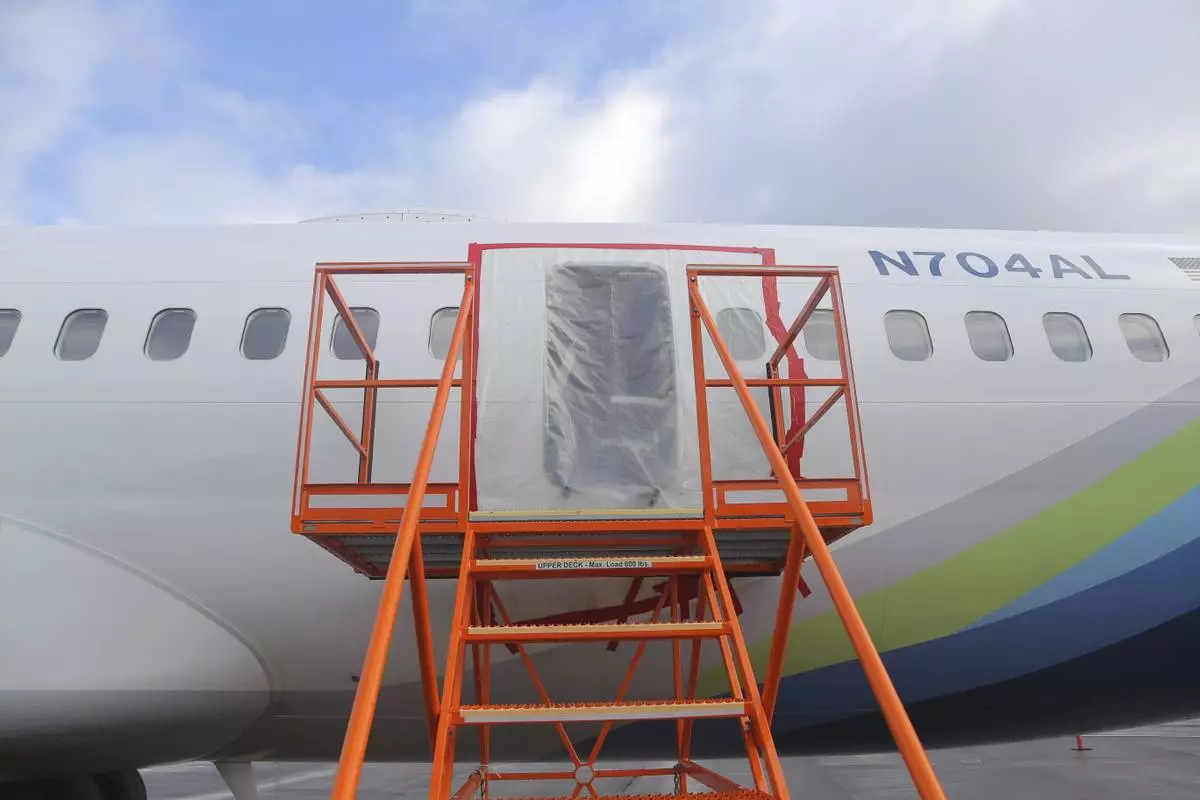
FILE - This photo released by the National Transportation Safety Board shows an opening in the fuselage where a door plug fell from Alaska Airlines Flight 1282, on Jan. 7, 2024, in Portland, Ore. On Tuesday, Aug. 6, 2024, the National Transportation Safety Board opens a two-day hearing on the blowout of a door plug from an Alaska Airlines flight traveling 16,000 feet above Oregon. (National Transportation Safety Board via AP, File)


